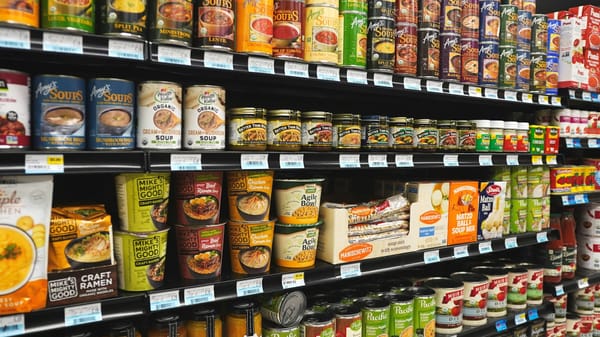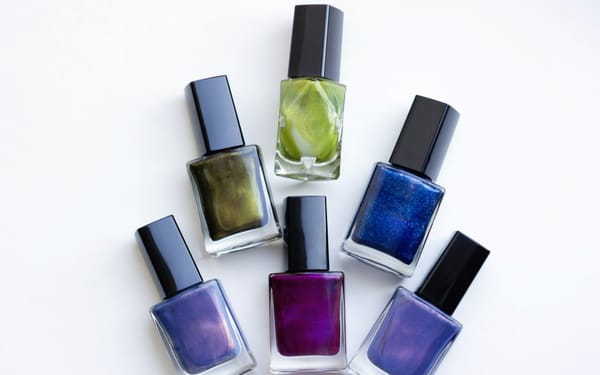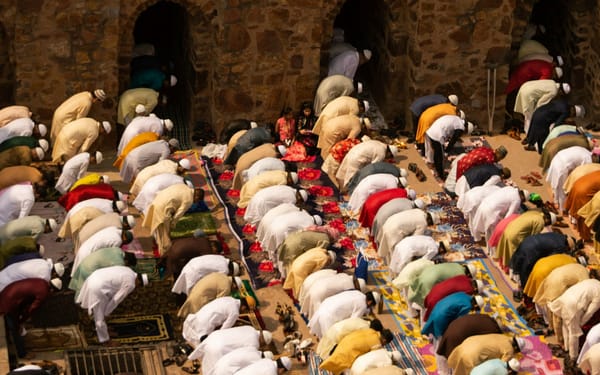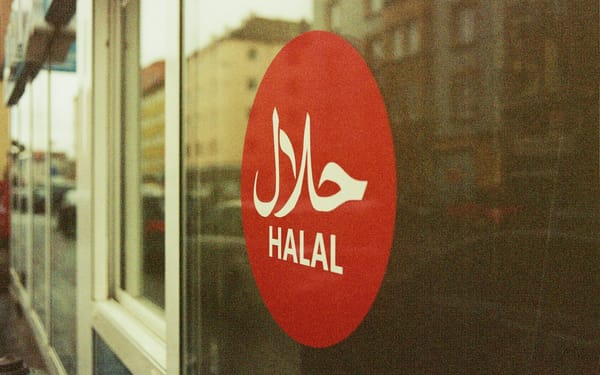Homemade Halal Sweets Around the World
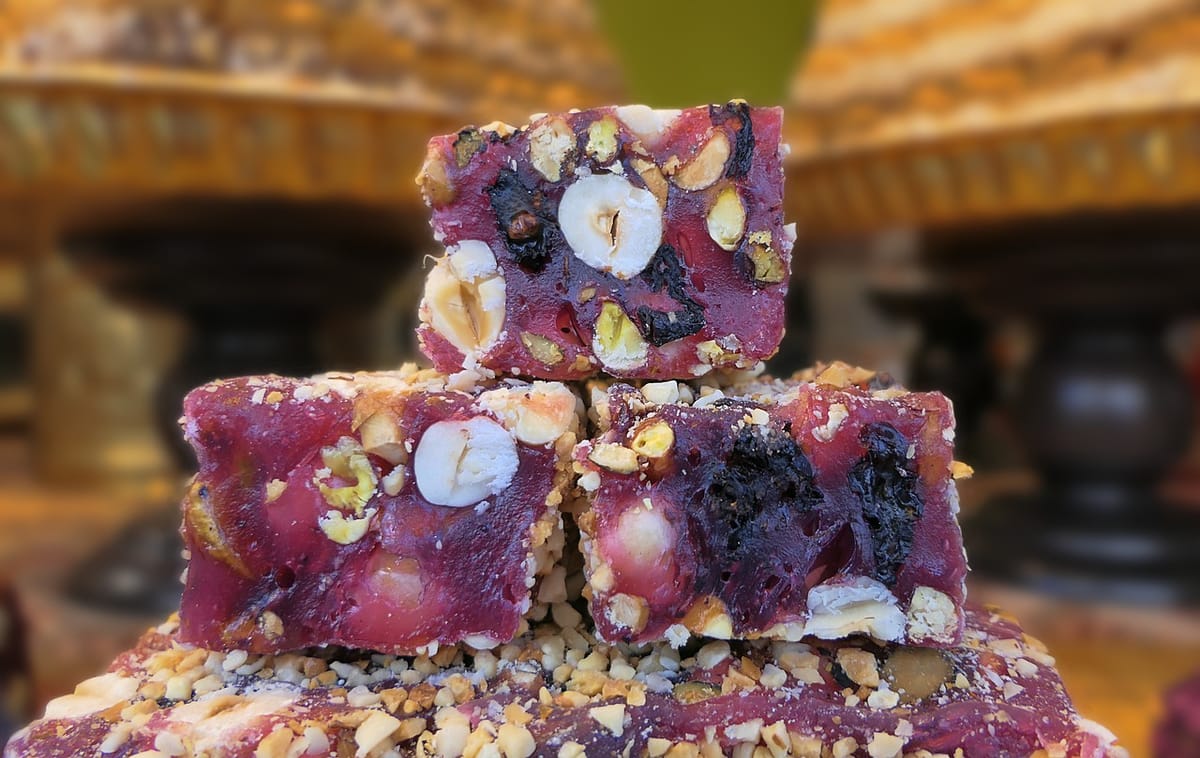
Sweets have always been a significant part of the Muslim culture. Muslims especially love halal sweets as they come in handy for different festivals. Also, Muslims worldwide with different cultures have the best mouth-watering sweets. In this section, we'll explore a few homemade halal sweets around the world.
Halal sweets follow the Islamic dietary guidelines, which makes them important to Muslims. They're derived from animal products which come from humanely slaughtered animals.
What are Halal Sweets?
Halal sweets are sweets made from ingredients that are permissible to consume according to the Islamic dietary rules. Gelatin, which is a significant ingredient in these sweets, must be halal.
Halal gelatin is obtained from halal animals like cows and chickens. It's also necessary to slaughter the animal in an Islamic way, causing minimal pain for livestock. The label of the sweets must also indicate halal gelatin to ensure that it's safe for consumption.
For instance, Pork gelatin is commonly found in many sweets in the markets. However, pork is Haram to Muslims, so you can't eat those sweets. Moreover, halal sweets, too, can't contain alcohol because it's impermissible.
You can find some of the permissible ingredients for halal sweets here.
Homemade Halal Sweets Around the World
Turkey: Delights
Turkish Delights, as it's popularly called, is also called Lokum. It's one of the best homemade halal sweets around the world as it's deep-rooted in Ottoman history. It's made from sugar, starch, rose water, and other natural aromatics, making it halal for consumption.
They're available in different flavors. Hazelnuts and pistachios are usually added with cocoa powder. It's a fantastic treat and is mostly served with Turkish coffee.
The Middle East: Halva
Halva is a popular halal sweet or dessert around the world. It's easily prepared, and you'll enjoy it. It's majorly produced from ingredients like honey and sugar and a foaming agent like licorice or marshmallow roots that serve as a foaming agent.
However, there are different versions of halva according to the countries in the Middle East. Some use sesame seeds, honey, and sugar, while some use semolina, cooked eggs, and dried fruits.
Morocco: Chebakia
Chebakia is one of the most popular halal sweets in Morocco. It's also called Moroccan Jalebi, and it's easily found in different stalls in the market. It's a sesame and honey sweet mostly consumed during Ramadan in Morocco. Also, it's called sesame and honey sweets, usually shaped into a rose. Chebakia is made from roasted sesame seeds, fried and covered in honey and rose water.
Egypt: Balah El Sham
Balah El Sham is a sweet treat in Egyptian that's popular for its buttery goodness. It's a cold, crispy and choux pastry that many Egyptians enjoy. Balah El Sham is made from flour and covered in syrup, with cream and pistachios as toppings.
India: Barfi
Barfi is one of the most famous halal sweets in India. It's a milk-based sweet that's like an Indian fudge. Barfi has many variations, and the most popular is the cashew Barfi. The Indians enjoy this sweet the most. It's prepared from gram flour, peanuts, pistachios, and other similar ingredients.
Bottom Line
In this article, we've briefly explored five homemade halal sweets around the world. Many people enjoy these sweets, and fortunately, they're halal. Although they're homemade sweets, you can enjoy them at any time of the day. You should check them out!


